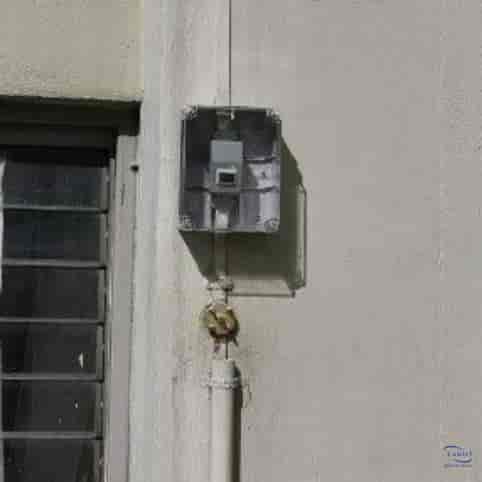An Introduction to Lightning System

A good earthing and lightning protection system are designed to protect people, structures, and electrical equipment from the harmful effects of lightning strikes. A well-designed system including the lower risk of electrical fires, equipment damage, and personal injury, and will provide peace of mind for those who work or live in the protected area. It is proven that effective lightning and earthing systems can provide protection up to 84% – 99% of effectiveness.
Lightning protection system accessories provide a safe path for the lightning current to flow to the ground. It also provide external building protection for all types of buildings such as high rise buildings, factory, condominium, and commercial buildings. According to the Insurance Information Institute, lightning strike damage caused a total of RM4 billion loss in 2020. This loss was specifically for homeowners in California alone. Take a look at our blog for a more in-depth explanation of lightning protection systems.



















































